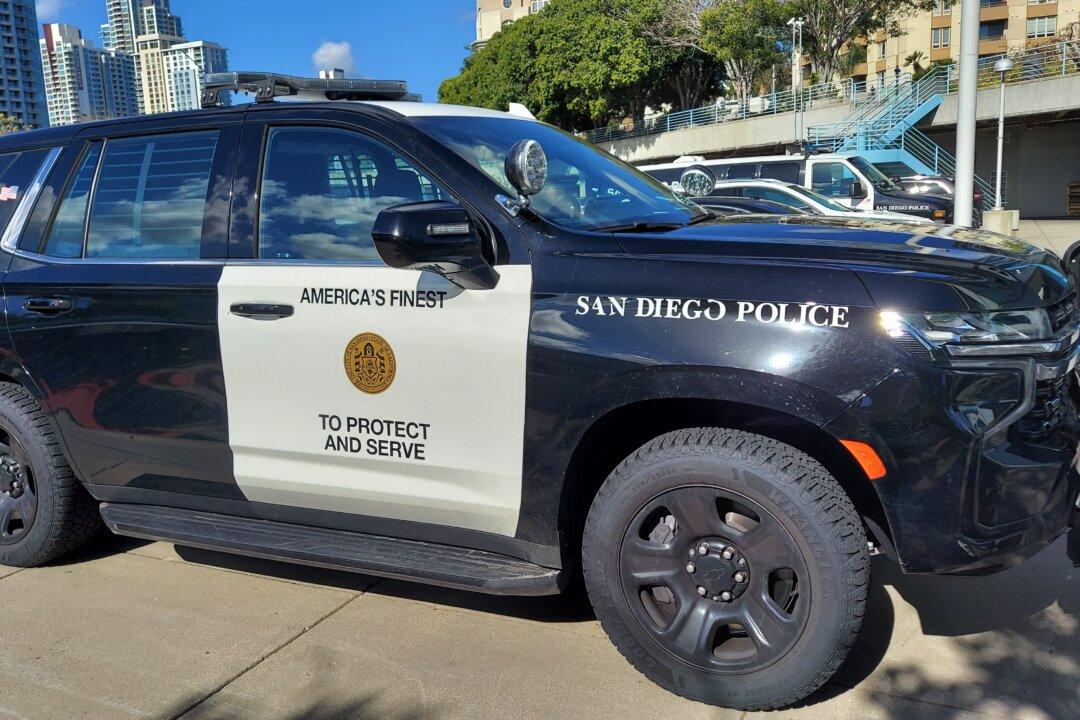SAN DIEGO—Citing an increase in violent crime and staffing shortages, the San Diego Police Department (SDPD) will exceed its overtime budget by an estimated $9.2 million by the end of the fiscal year, it was announced Feb. 27.
SDPD Chief Dave Nisleit presented an update on the department’s budget at a meeting of the San Diego City Council Monday, announcing that through the most recent period of November, the department had hit $21.3 million in overtime of the total budgeted $40.2 million. Despite the stated reasons for the overtime, he did not present data at the meeting regarding any increase in crime—violent or otherwise.





